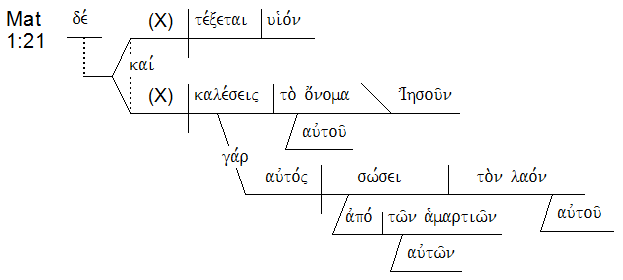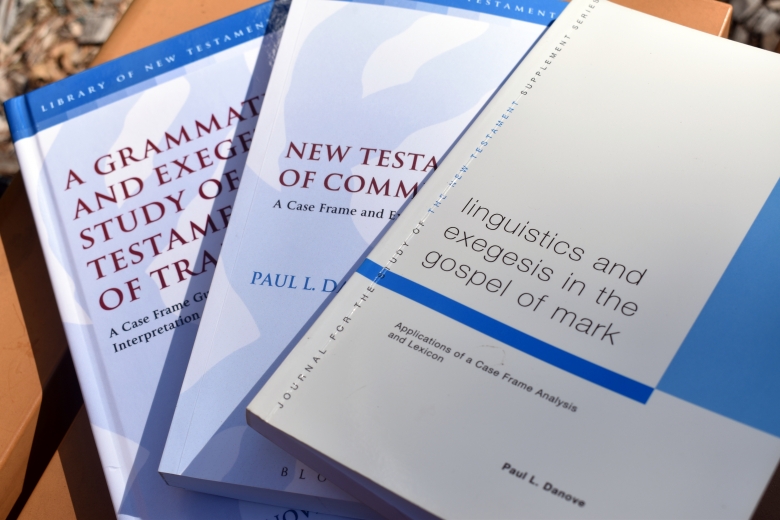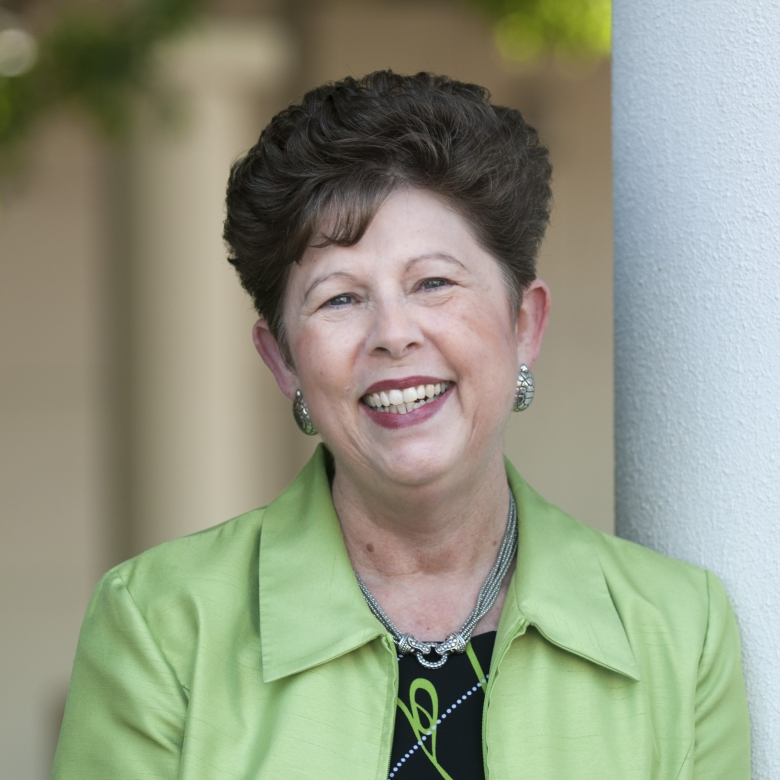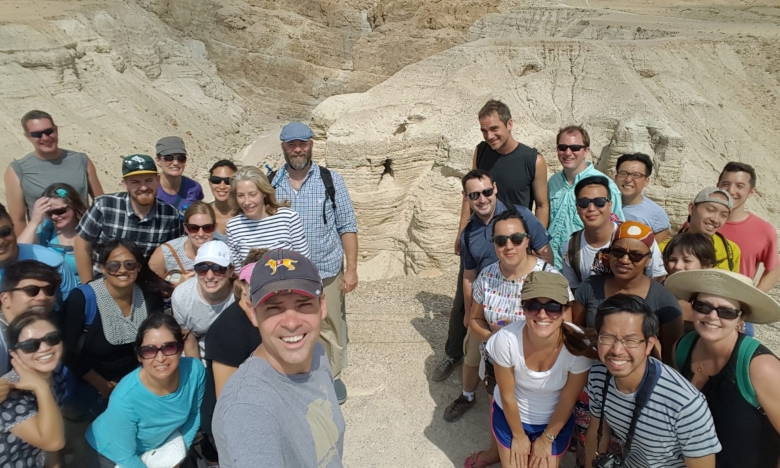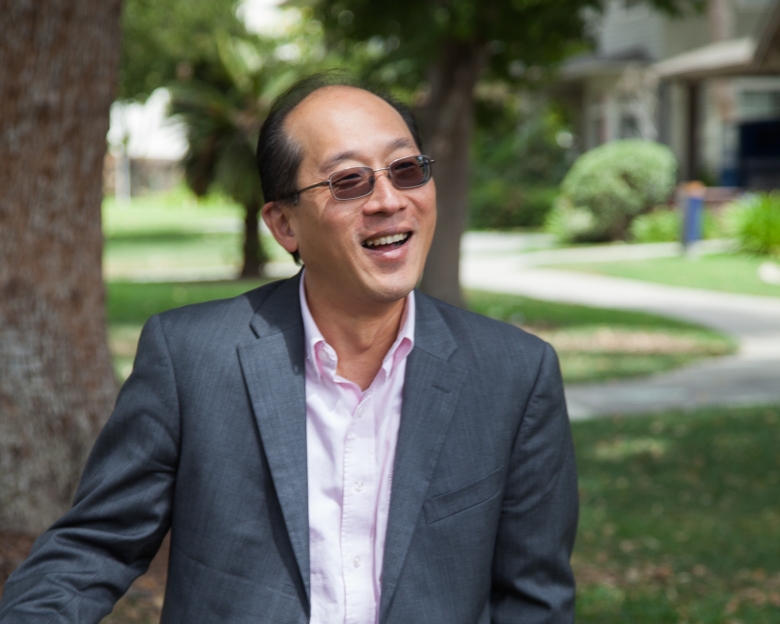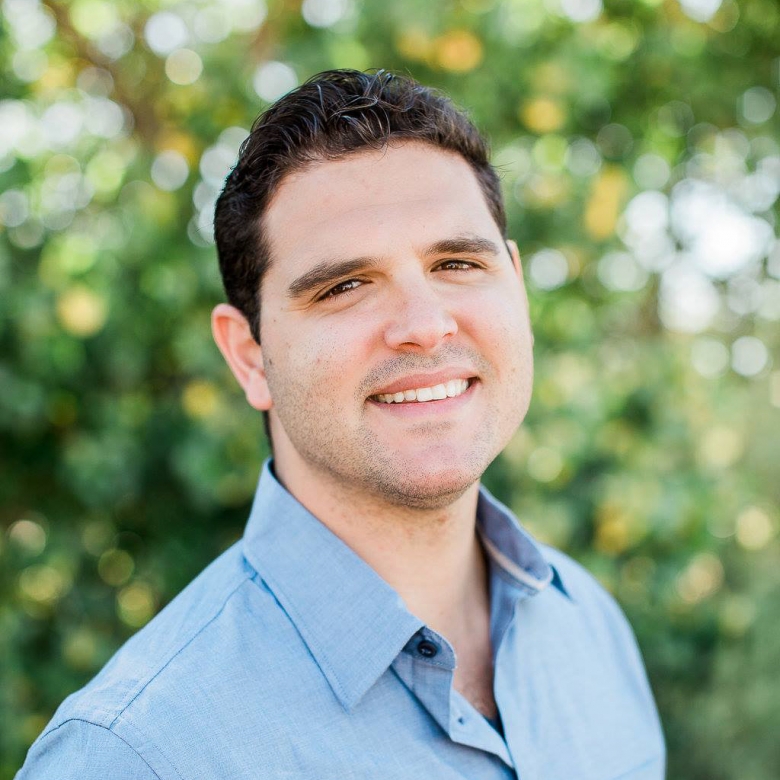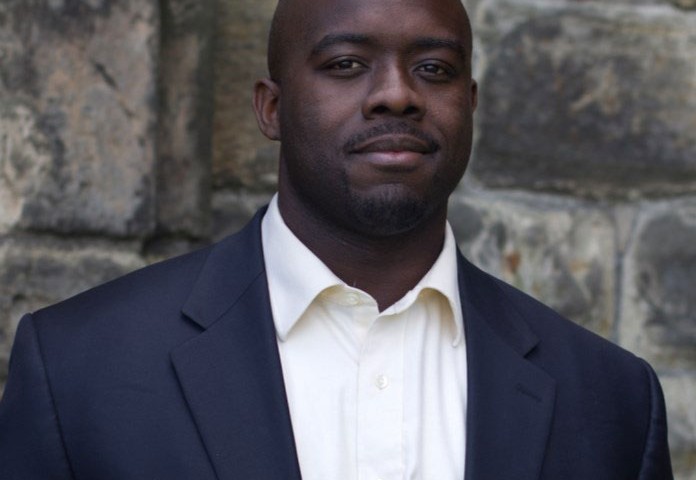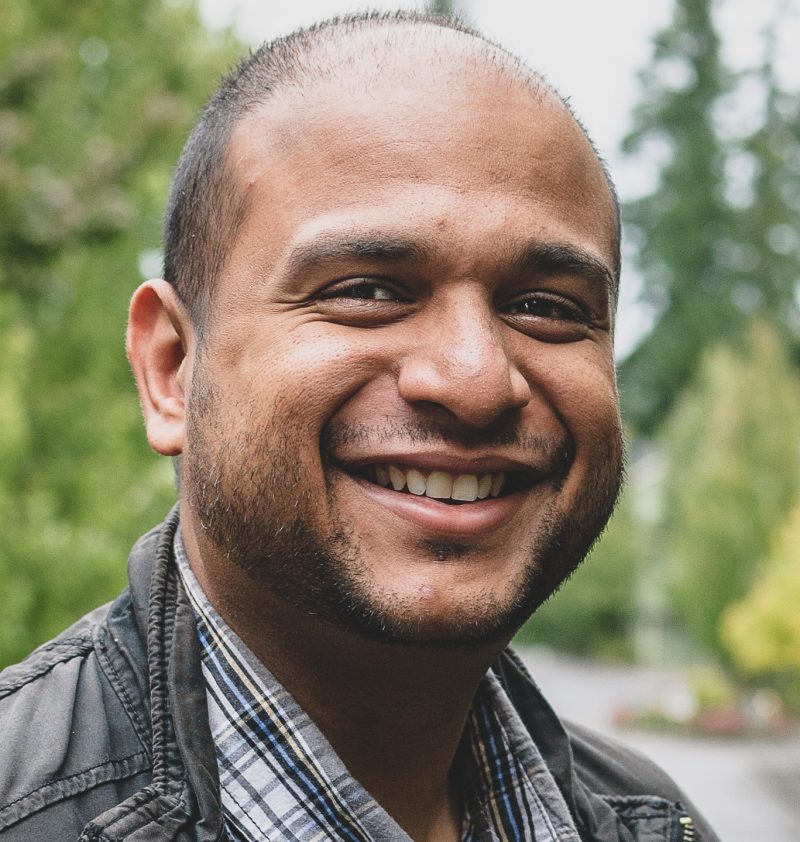Timothy Gatewood | Midwestern Baptist Theological Seminary In a time when teaching success is defined by pragmatic, content-based assessment, I would like to offer a different path forward: teaching as ontological formation. Rather than viewing...
Image: ©Tavis Bohlinger by Joshua Jensen Here’s something you probably never thought to count: The ESV uses the word ‘but’ 4,205 times. That’s nearly once for every 7 verses. That’s a lot. (The NASB has ‘but’ slightly more times, the NIV slightly...
I asked this very question myself even before completing my PhD in 2019: what’s it all for? Considering the slumping academic job market, and fierce (read, ridiculous) competition for the few jobs in my discipline each year, I wondered what...
The Creation by Ori Sherman, 1986-88 Dustin Burlet | Peace River Bible Institute T. Desmond Alexander once stated, with respect to teaching the Old Testament, that it is “difficult to think of any other academic subject that covers such a wide range...
"Reading the Bible in the original languages causes us to be more thoughtful and careful about the actual wording of the text." -- Robert Plummer
To do a Greek sentence diagram correctly, it takes having the right knowledge and tools. Here are a few thoughts on sentence diagramming.
"I am persuaded that the Psalms are not randomly placed, but are, in fact, intentionally arranged thematically and theologically in a deliberate shape and architecture, resulting in a kind of plot and storyline."
The prayer guide Operation World has taught me much over the years. By its estimates, only 16.7 percent of Christians lived in Africa, Asia, and Latin America in 1900. That figure rose to 63.2 percent by 2010 and is projected to reach 70 percent in...
What if there was a lexicon that required less art and more science?
Sue Edwards | Dallas Theological Seminary How you view women influences how you teach them. Paul uses familial language to describe Christian relationships, and I’ve found this imagery useful in creating a healthy classroom ethos where both women...
Image source: Wikipedia An Example of Co-Teaching as a Means of Modeling Interdisciplinary Dialogue Eric J. Tully | Trinity Evangelical Divinity School One of the challenges in Christian higher education is navigating the tension between various...
Strive to be a professor who is concerned about heart application as much as theological information.
I have already offered thoughts for the preaching scholar concerning first things and meditation, as well as my suggested exegetical resources for preaching (including exegetical commentaries). Here I want to pass on my favorite theological...
Source: Wikipedia I put some questions recently to John Meade and Peter Gurry regarding their newly launched Text and Canon Institute, based at Phoenix Seminary. In this interview, they discuss the impetus behind the Institute, the significance of...
I have always appreciated reading and listening to those scholars who have both a command over the relevant, classical languages and a direct knowledge of the primary sources in their disciplines.
by Ryan Lytton *Editor’s note: This is the second of two Fuller Seminary interviews conducted by Ryan Lytton (the first interview was with Amos Yong). He recently had the opportunity to interview Christopher B. Hays, who is the D. Wilson Moore...
by Ryan Lytton *Editor’s note: I recently approached Ryan Lytton (author of the second most viewed post in the history of theLAB) asking him to conduct an interview with Fuller Seminary regarding their upcoming move to Pomona. He responded by...
From my perspective, a good biblical scholar is someone who is immersed in the primary sources, has a firm grasp of the history of the discipline, and communicates clearly with and listens to the voices of others.
by Esau McCaulley When I was invited to contribute to theLAB series, “What makes a good Biblical Scholar or Theologian?”, I decided to do something a bit different. While I have my opinions on exegetical method, there are a multitude of...
by Ryan Lytton Get wisdom, get understanding; do not forget my words or turn away from them. Proverbs 4:5. Wisdom and understanding are everywhere available but are nevertheless ostensibly rarely found. A student of the Word must be diligent in...
“Sympathy, curiosity, industry, creativity, intentionality, honesty, and responsibility.”
by David Stark | Faulkner University One of the most significant features of online education is its ability to deliver education to students who live away from their institutions—and, frequently, also away from each other. Significant investments...
Collaboration, curiosity, endurance, creativity, passion, courage (willing to challenge stubborn consenses), and dedication. Many of the virtues of a good detective!
by Mark Seifrid
I just received the Logos 7 (Deutsch) package. It turns out to be a quite impressive collection, with some nice surprises.
While many NT scholars may know a whole lot about Matthew–Revelation, many lack the ability to pick up and read Josephus and Clement in the original Greek, or Seneca and Cicero in Latin. This reveals not just a severe lack of language ability, but...
My job allows me to chat with distinguished seminary professors every week. During one such conversation, I asked the professor what advice he would give to a young student trying to balance school, work, ministry, and family—i.e., me. His response...
When we hear the word “sainthood,” we are likely to associate it with the longstanding tradition of acknowledging those who have demonstrated a remarkable degree of spirituality. It may also remind us of beautiful, ancient artwork...
If somebody asked you to sum up your seminary experience, what would you say? Two years ago I left behind my successful career in IT (Information Technology) to attend seminary. It was a great experience—but that’s not to say it was perfect...
I’d like to propose a fundamental question about your experience at seminary. Why are you at seminary? What do you hope to get out of it? Are you there to earn a degree so that you can get hired to do ministry full-time? Are you there just...






